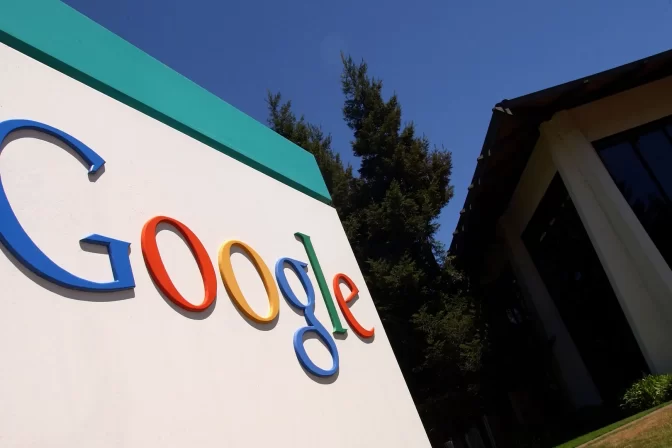Mozilla has switched on Firefox’s tracking protection feature for everyone on Windows and Android, dialing up its effort to protect privacy from website publishers and advertisers that would like to keep tabs on your online behavior. Mozilla enabled tracking protection for new Firefox users in June, but now it’s on for everyone, the nonprofit said Tuesday.
Tracking protection is all the rage among browser makers, including Apple’s Safari, Brave Software’s Brave and Microsoft’s new Chromium-based Edge. Even Google’s Chrome, long the laggard among major browsers, is starting to tackle the problem. It’s a thorny issue for websites and advertisers that seek to improve advertising revenue by targeting ads based on their assessment of your interests.
“Currently over 20% of Firefox users have Enhanced Tracking Protection on. With today’s release, we expect to provide protection for 100% of ours users by default,” Mozilla said in a blog post Tuesday.
Firefox is at a crossroads. It remains widely used on personal computers, but it’s a rarity on smartphones, and Chrome is vastly more popular overall. Mozilla Chief Executive Chris Beard will resign at the end of the year, too.
But Mozilla’s renewed privacy push is arriving at the same time that many in the tech industry and beyond are taking more active measures to reign in sites, apps and services that hoover up our personal info. Even Facebook CEO Mark Zuckerberg — arguably the single greatest financial beneficiary of online tracking — says he’s on board, declaring in April, “The future is private.”
Firefox has different degrees of anti-tracking technology. If you turn it all the way up to “strict,” it’ll try to stop website scripts that try to identify you through digital fingerprinting methods. Later, Mozilla plans to activate that feature by default, too, it said.
Firefox gets some battery and performance help
Also with Firefox 69, Mozilla is trying to give its browser a speed boost on Windows. The browser shares a little information with Windows about what’s important — the tab you’re using, for example — so the operating system can devote more processor power to that and save power on background or other lower-priority tabs, the Firefox 69 beta release notes said.
And on MacOS, Firefox 69 also tries to cut down power usage on higher-end MacOS machines with dual graphics chips by using the more battery-friendly option when possible.
For the later Firefox 70, you could see more power savings, too, as it taps into some MacOS built-in software for rendering text and imagery on the screen. It’s a “huge decrease” in power usage, Mozilla engineer Henrik Skupin tweeted Sunday, and could make Firefox more competitive with Chrome.
Culled From: CNET











